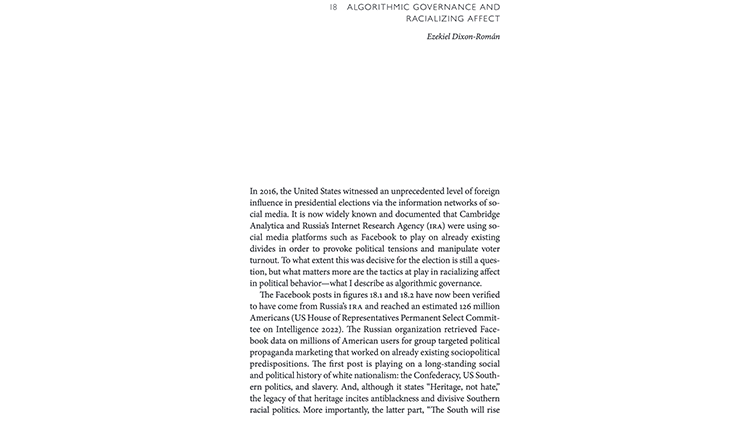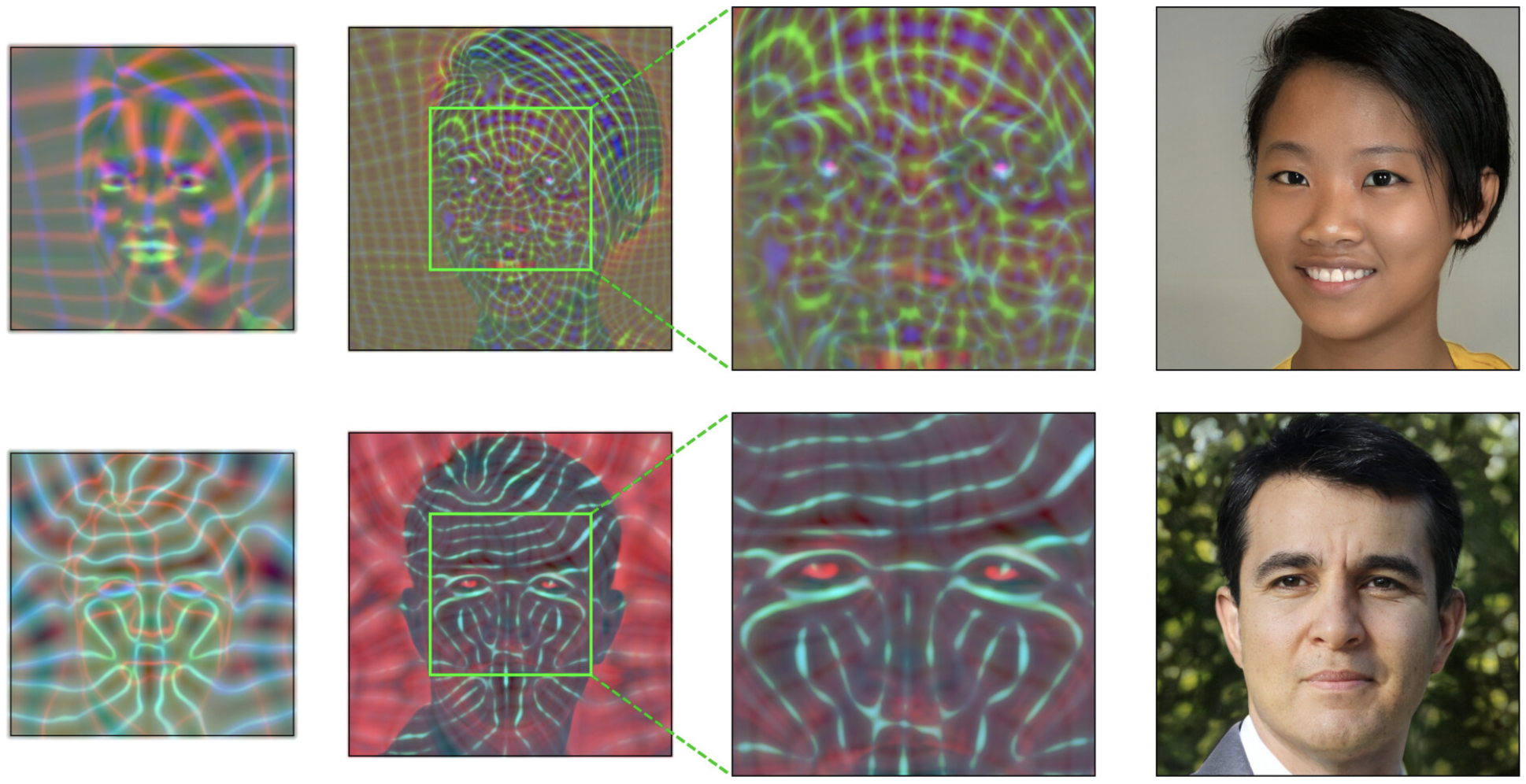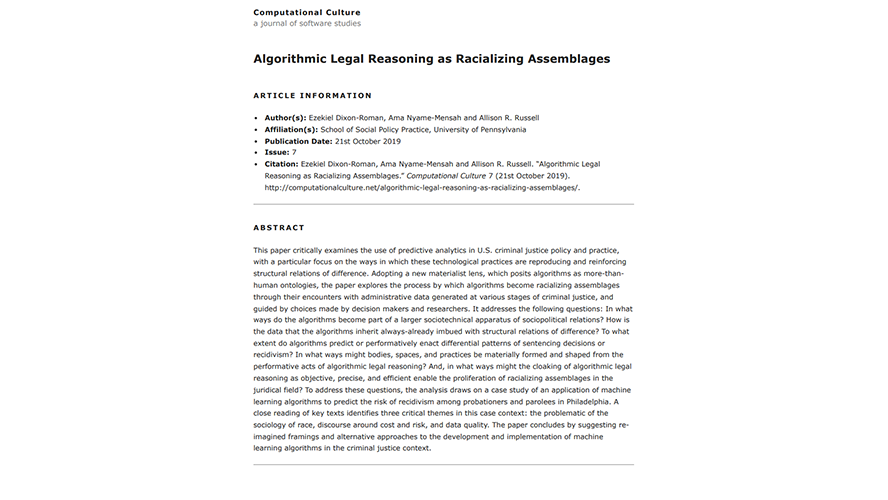Ezekiel Dixon-Román
Professor, Critical Race, Media & Educational Studies
COLUMBIA UNIVERSITY
Ezekiel Dixon-Román is Professor of Critical Race, Media, & Educational Studies and Director of the Edmund W. Gordon Institute for Urban and Minority Education. He is also co-founder and Director of the Institute in Critical Quantitative, Computational, & Mixed Methodologies and the Critical Computation Bureau. He joined the Teachers College faculty on January 1 2023 from the University of Pennsylvania School of Social Policy & Practice.
His research program makes critical interventions towards re-theorizing the technologies and practices of quantification that he understands as mediums and agencies of sociopolitical systems, whereby race and other assemblages of difference are byproducts. He is particularly interested in how power generates difference, especially in bodily capacities to change and be changed. His research question addresses how sociotechnical systems of quantification work on, with, and in the body to produce racialized demarcations, which decide which bodily capacities to regenerate and which to debilitate. Dixon-Román argues that, in the ‘computational turn’ of global neoliberal racial capitalism, the biopolitics of statistical demarcations of bodies forms and shapes the movement and flow of power and sociopolitical relations. As such, his research is invested in speculative questions of futurity that rethink technologies of quantification toward onto-epistemologies other-wise. He engages with philosophical and methodological interventions toward developing alternative modes of inquiry and practices of quantification that might enable critical space for reconstituting sociopolitical relations and the movement and flow of social life.
Dr. Dixon-Román is the author of Inheriting Possibility: Social Reproduction & Quantification in Education (2017, University of Minnesota Press). In this book project, he reconceptualizes quantification and theories of social reproduction in education from a cultural theoretical lens that posits culture is nature and the human is one of myriad expressions of Earth’s becoming. Inheriting Possibility received the 2018 Outstanding Book Award from the American Educational Research Association.
He also co-edited Thinking Comprehensively About Education: Spaces of Educative Possibility and Their Implications for Public Policy (2012, Routledge) and more recently Black Radical Love: A New Black Reconstruction through the Thought & Activism of Edmund W. Gordon (2023, Third World Press). In addition, he co-guest edited “Alternative Ontologies of Number: Rethinking the Quantitative in Computational Culture” (2016, Cultural Studies-Critical Methodologies), “The computational turn in education research: Critical and creative perspectives on the digital data deluge” (2017, Research in Education), “Control Societies @30: Technopolitical Forces and Ontologies of Difference” (2020, Social Text Online), and “Dialogues on Recursive Colonialism, Speculative Computation, and the Techno-Social” (2021, eflux journal). He is currently working on two book projects: (1) a co-edited collection, Recursive Colonialisms: Technology, Culture, Politics and (2) an authored book project, Haunting Algorithms: Algorithmic Governance and Logics of Colonialism, that examines the haunting formations of the transparent subject in algorithmic governance and the potential transformative technopolitical systems open to ontoepistemologies other-wise.
He is also a co-editor of the Duke University Press book series, “Anima: Critical Race Studies Otherwise”, and associate editor of the 2023 and 2025 volumes of the Review of Research in Education, one of the flagship journals for the American Educational Research Association.
He is co-founder and co-Director of the Institute in Critical Quantitative, Computational, & Mixed Methodologies as well as The Critical Computation Bureau.















